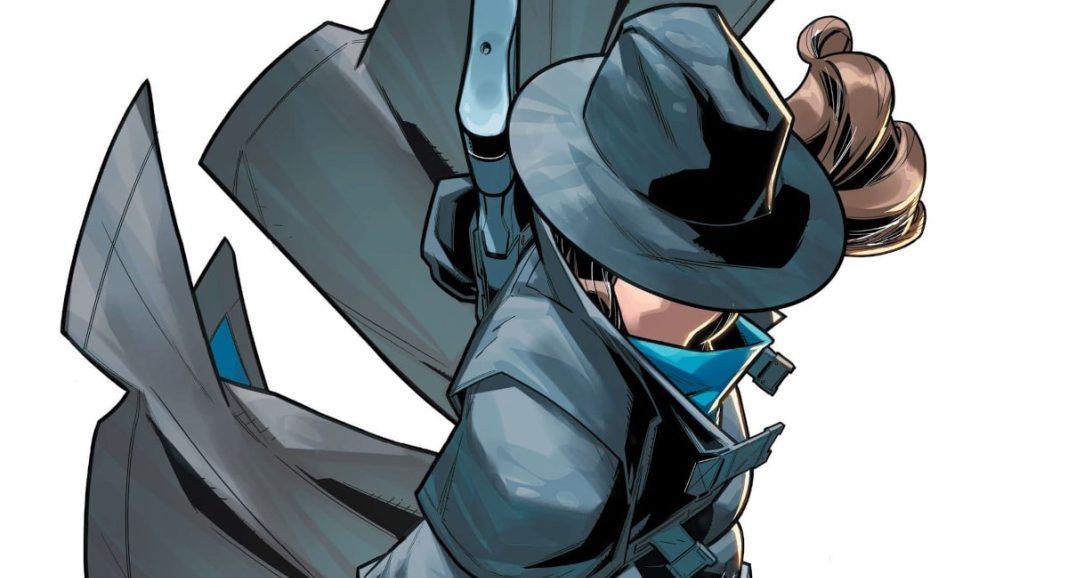
A balanced character in RPGs is key to a fun and successful game, especially for new players. A well-rounded character combines adaptability, strength, and support skills, making gameplay smoother and teamwork stronger. By balancing these traits, players can enjoy a more engaging experience. Insights from Miami University emphasize that building a character with thoughtfulness not only enhances gameplay but also offers a rewarding learning experience, helping players navigate the complexities of character abilities and interactions. With the right approach, anyone can create a character that fits well within any adventure.
Understanding Character Classes and Roles
In RPGs, choosing a character class, like a warrior, healer, or mage, sets the foundation for a balanced and effective character. Each role brings unique strengths to the team.
Warriors and Tanks
Warriors serve as protectors, absorbing damage and shielding teammates. They focus on high defense and resilience, making them essential for keeping allies safe. Warriors thrive in direct combat but may lack ranged abilities, so balancing their skills is crucial.
Healers and Support
Healers provide support by restoring health and boosting team abilities. Their main strength lies in keeping the team strong and ready. While they may have lower attack power, their skills are vital for survival, particularly in long battles. Healers often contribute through:
- Restoring Health: Keeping teammates at full strength.
- Boosting Abilities: Enhancing team members’ skills temporarily.
- Defensive Spells: Protect the team with shields or barriers.
Mages and Damage Dealers
Mages specialize in dealing with powerful attacks from a distance, using magic to influence the battle. Their abilities are often high-risk but high-reward, as they can be less durable. Balancing a mage’s power with support from other roles creates a strong, cohesive team.

Balancing Attributes and Skills
Creating a balanced RPG character involves allocating attributes like strength, agility, intelligence, and health wisely. These core traits shape how a character performs in combat, movement, and defense.
Strength vs. Agility
Strength boosts physical power, making attacks stronger, while agility enhances speed and flexibility, helping characters dodge and move swiftly. Balancing these traits can improve a character’s combat effectiveness and overall mobility, especially for melee-focused roles.
Intelligence and Magic Skills
Intelligence influences spell power and magical abilities, essential for characters who rely on magic. Higher intelligence allows for more powerful spells and effects, making it especially valuable for classes like mages or wizards. For those interested in trying different character abilities in a relaxed setting, experimenting with themed games, such as those available through online casino free play, can be a fun way to explore diverse strategies. These games often allow players to engage with various character attributes in a lighthearted environment, helping them understand which combinations might work best for a balanced magic user in any RPG adventure.
Health and Endurance
Health and endurance are crucial for any character, ensuring they withstand more damage and last longer in battle. High health makes a character more resilient, regardless of their role, as it provides durability to handle unexpected challenges.
Creating a Character Backstory
A well-crafted backstory adds depth to an RPG character, helping define their personality, motivations, and role within the game’s story.
Origin and Background
Think about where your character came from and how their environment shaped who they are today. Did they grow up in a peaceful village, learning to appreciate calm and community? Or were they raised in a bustling city, adapting to challenges and finding independence? A character’s origin offers clues to their strengths and struggles, laying the groundwork for their personality and values.
Motivations and Goals
Every character benefits from having personal goals that guide their actions. These can range from simple ambitions, like seeking adventure or fame, to complex motives, like avenging a loved one or seeking inner peace. Such goals influence their behavior, decision-making, and responses to challenges. Clear motivation creates purpose within the game, allowing players to make decisions that feel authentic to the character’s journey.
Personality Traits
Distinct personality traits help make characters memorable and relatable. Is your character brave, willing to face any danger head-on? Or are they cautious, analyzing situations before taking action? Traits like kindness, curiosity, or a fierce sense of justice can guide a character’s actions and interactions, making them unique and engaging. The University of Wisconsin Whitewater highlights that well-developed personality traits allow characters to come to life, as players can make choices that feel true to their character’s core values. These traits enrich the storyline, shaping how the character responds to allies and enemies alike.

Finding a Balance in Equipment and Gear
Choosing the right equipment boosts your RPG character’s strengths and prepares them for challenges. Balanced gear enhances abilities without over-reliance, allowing for flexible and enjoyable gameplay.
Weapon Selection
Choosing weapons that match your character’s skills and class maximizes effectiveness in battle. Consider these options for different roles:
- Warriors: Swords or axes offer close-range power and durability.
- Archers: Bows allow for effective, long-range attacks, ideal for keeping distance.
- Mages: Staves or wands amplify magical abilities, enhancing spell power and casting speed.
Selecting weapons suited to each role ensures your character performs at their best.
Armor Choices
Armor plays a critical role in keeping characters safe, particularly those with lower health. Heavy armor suits defense-focused roles, offering high protection at the cost of agility. Meanwhile, lighter armor grants mobility to characters who need flexibility over durability. Balancing armor type with the character’s defense needs makes them more resilient against potential threats.
Special Gear and Accessories
Accessories such as potions, enchanted items, or rings can provide helpful boosts and cover potential weaknesses. Health potions restore vitality, while enchanted amulets might grant temporary defense or attack power. These items offer versatile support, helping characters adapt to different situations and enhancing their overall capabilities.
Learning from Gameplay Experiences
Improving character creation skills comes naturally with gameplay experience. Each game provides insights that help refine strategies, adjust weaknesses, and build stronger characters.
Trying Different Strategies
Experimenting with different strategies in-game lets players see firsthand what aligns best with their character’s unique strengths. Testing out various approaches—whether in combat style, skill usage, or equipment choices—encourages flexibility and helps players adapt their characters to diverse scenarios. Trying new tactics keeps gameplay fresh and engaging while teaching which strategies yield the best results.
Noting Strengths and Weaknesses
Observing a character’s strengths and weaknesses in action reveals areas that may need improvement. Noting when the character excels or struggles allows players to adjust attributes, skills, or gear choices to overcome specific challenges. This practical feedback ensures the character becomes more balanced and resilient over time, ready for the next adventure.
Seeking Advice from Other Players
RPG communities are full of seasoned players who enjoy helping newcomers with advice and tips. Joining these communities, whether through forums or social media, can provide beginners with useful insights into character building, common challenges, and effective strategies. Learning from others’ experiences can accelerate progress and make the game even more enjoyable.
Conclusion
Creating a balanced RPG character enhances both gameplay and personal enjoyment. By thoughtfully combining attributes, skills, backstory, and gear, players can build versatile characters suited to any challenge. Remember, the journey of character creation is as exciting as the game itself. Embrace the process, try new approaches, and enjoy exploring different aspects of your character as they grow and adapt in each adventure.
****



















 English (US) ·
English (US) ·